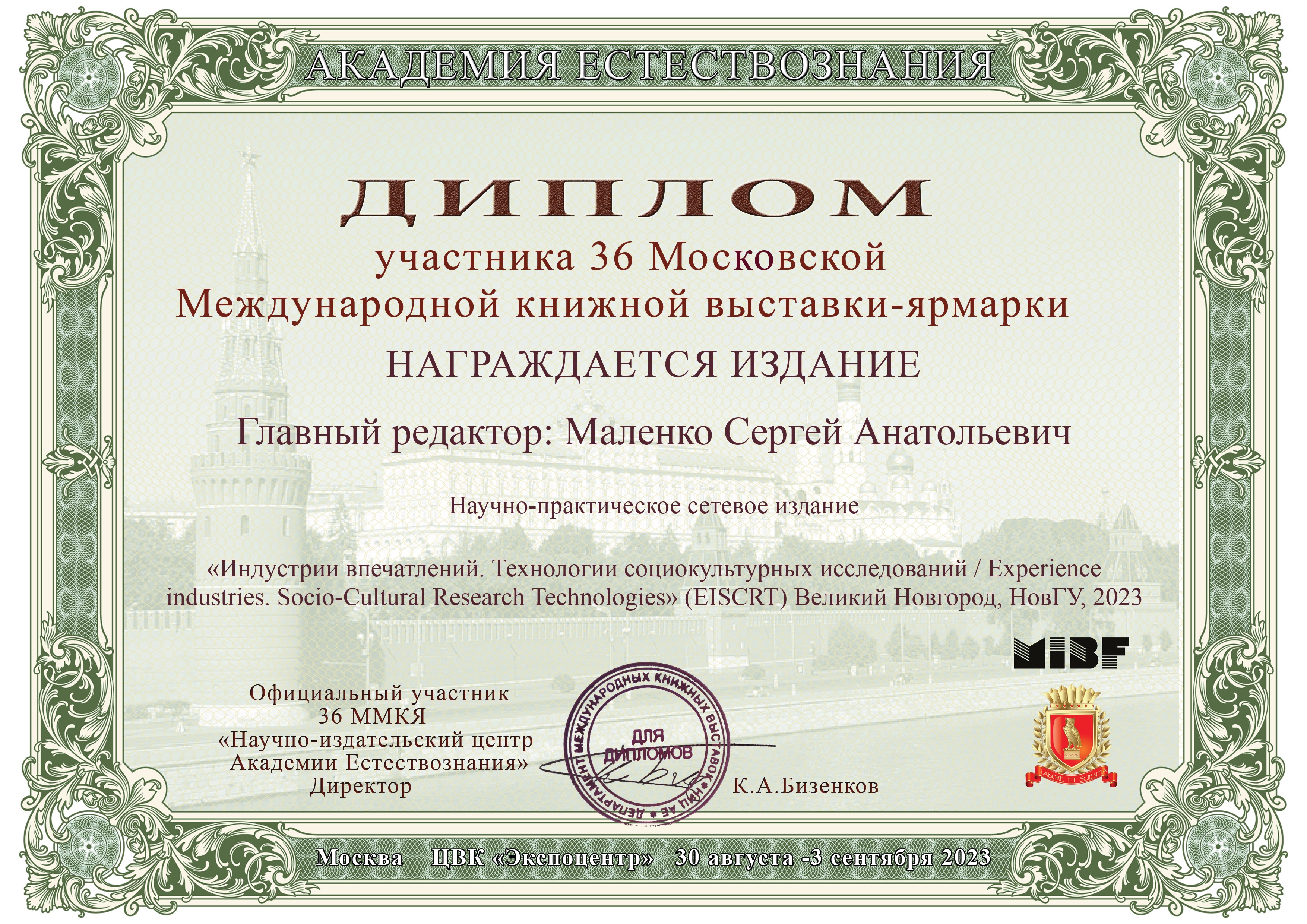HUMILIATION OR ENTERTAINMENT? TRASH STREAMS AS A SINFUL PLEASURE OF THE “BOTTOM INTERNET
DOI:
https://doi.org/10.34680/EISCRT-2025-1(10)-279-308Keywords:
trash streams, reality shows, media violence, donations, challenges, bottom Internet, Runet, gaming space, content, digital eraAbstract
The article concerns the phenomenon of trash streaming in the Russian-language segment of the Internet, which also has the self-name The “Bottom Internet,” and analyzes modern Russian legislative practice regarding trash streams, as well as approaches to defining the phenomenon under study in Russian scientific literature. The author focuses on the attractiveness of trash streams for Runet users. The article highlights several motives of the viewing audience. Firstly, the attractiveness of trash streams is explained by a greater effect of authenticity compared to television reality shows ‒ the viewer can watch “real life” on the air. Secondly, the audience already during the online broadcast gets the opportunity to channel the suppressed aggressive impulses accumulated in everyday experience. Thirdly, trash streams allow individuals to go beyond everyday limitations and realize fantasies that cannot be realized in ordinary life. Finally, by interacting with trash stream participants through donations and ordering challenges from them, the anonymous audience modifies and shapes content – the most important symbolic benefit of the modern digital era. In this way, trash stream viewers receive a perverse sense of themselves as creators of content that crosses the line of acceptability.








